- News
-
-
-
-
-
Latest News Articles
- Wildlife Vocalizations: Ana Yoko Meiga September 19, 2024
- Raptor collisions increase around the world September 18, 2024
- Black Mammalogists Week kicks off September 18, 2024
-
-
-
- Wildlife Professional Resources
-
- Our Network
-
- PUBLICATIONS
-
-
Recent Posts
-
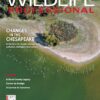 The Wildlife Professional September/October Issue
September 1, 2024
The Wildlife Professional September/October Issue
September 1, 2024
-
-
-
-
-
-
- Wildlife Events
- Who We Are
-
Tag: nutrients
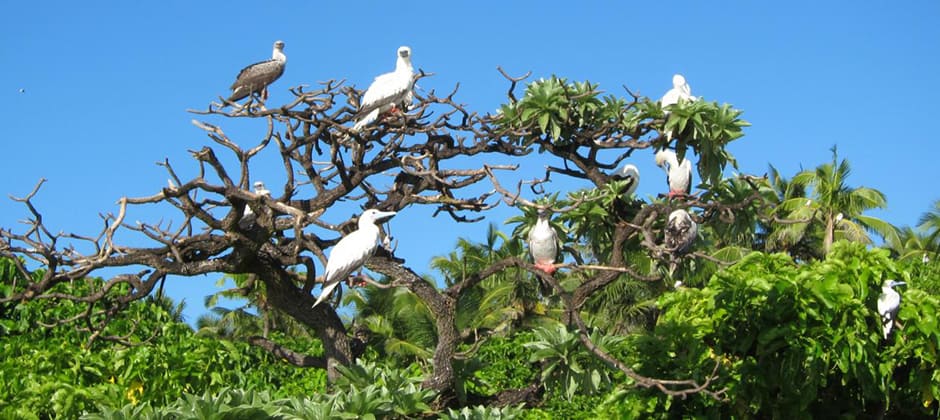
June 15, 2021
Removing rats helps islands and reefs, even in short term
After just over a decade of being rat free, islands in the Indian Ocean are already showing signs of more seabirds and more nutrients that come from them. Several years...
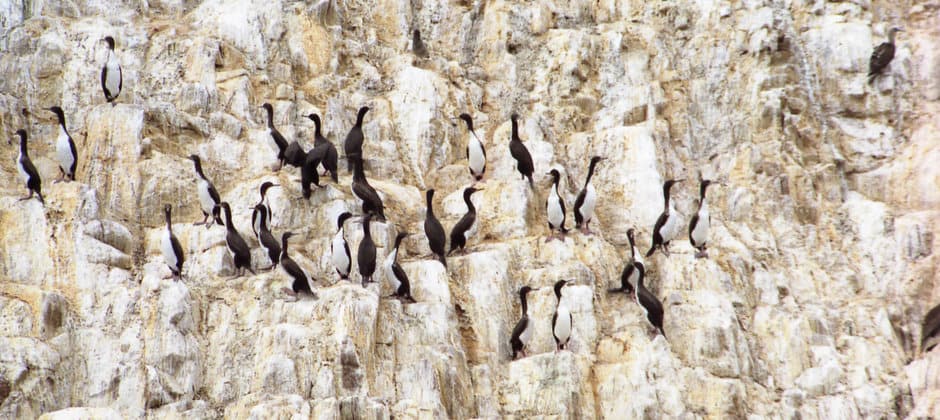
August 27, 2020
Poop may be reason No. 2 to conserve seabirds
Seabird poop is so rich in nutrients, its annual value to ecosystems — and to people — makes up nearly half a billion dollars, researchers found. But as seabird numbers...
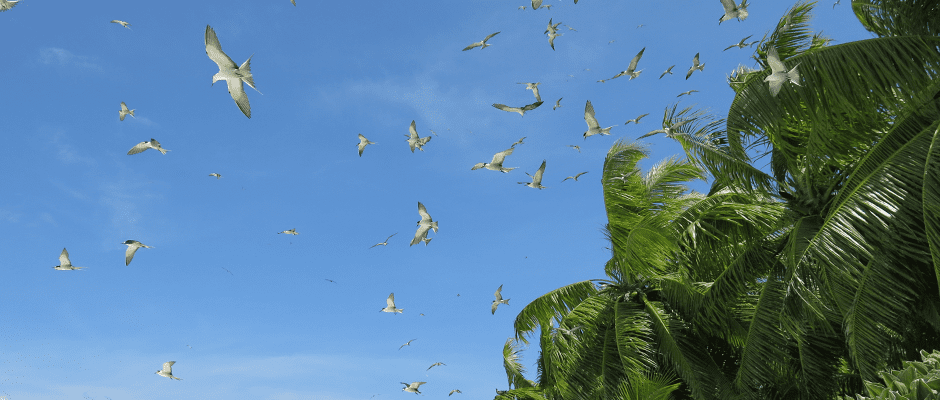
August 8, 2018
Removing invasive island rats could help coral reefs
Invasive rats are notorious for their devastation of island ecosystems, but their damage might go deeper than scientists once believed. Biologists recently discovered that nonnative rats could impede the flow...
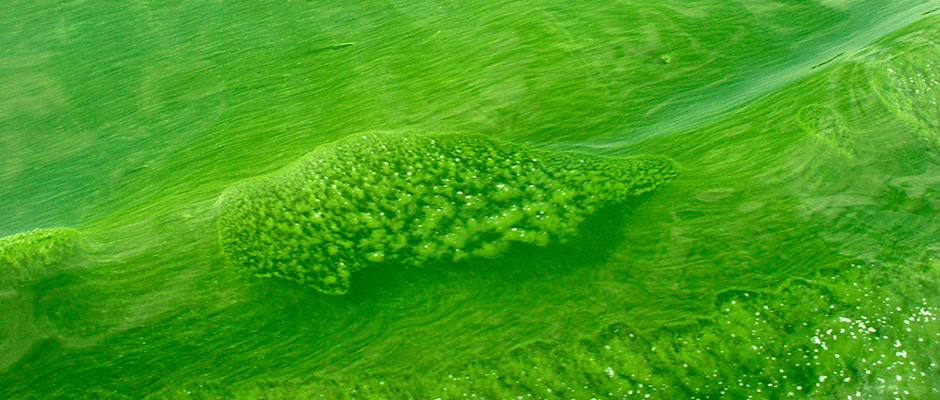
September 7, 2017
With climate change, fun in the sun may mean fun in the scum
As climate change warms the planet, algal blooms may leave lakes throughout the United States covered with scum, harming aquatic ecosystems and interfering with people’s enjoyment of the water. “If...

